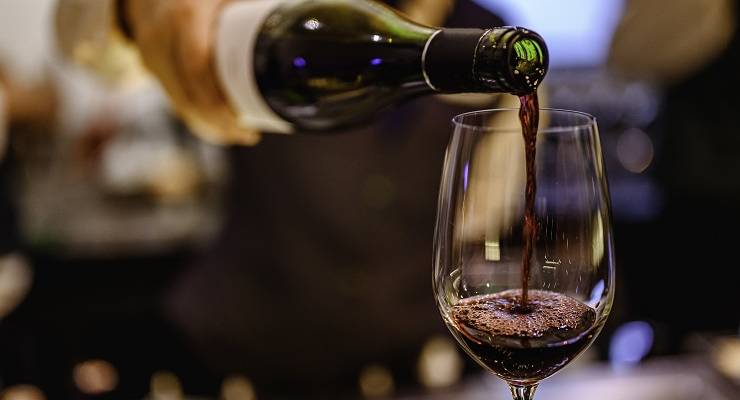
When my baby lies to me, I go to Rio (Tinto)
Rio Tinto is having a nightmare 2020, even by 2020 standards.
Well, at least in PR terms. As a mining company it still enjoys the pleasure of having unconditional political support and metric squoodles of money, but its recent commitment to evil has lowered its public standing somewhat.
First there was that whole thing where it blew up a sacred site in Western Australia, despite knowing its historical and cultural significance. Then there was a public apology followed by an assurance to shareholders that the company wasn’t actually sorry for blowing up the Juukan Gorge caves but for the fallout from the up-blowing, which naturally leaked to the public and necessitated further apologies.
It’s a big slide from that time back in 2018 when everyone loved Rio Tinto for the proud announcement it was getting out of coal because it was “determined to be part of the solution, not part of the problem”.
And at least that was a promise which they would never ever think of reneging [puts finger to ear] and in news just to hand, turns out that was a bit of rhetorical sleight of hand too.
Yes, Rio Tinto sold off its coal assets in 2018 but also imposed a royalty on them, and thus profited from coal mining to the tune of US$124 million in the last year — a happy turn of events merrily announced on page 203 of the 2019 annual report, where it also helpfully added that these royalties were classified as “other investments, including loans” on their balance sheet.
Mind you, maybe continuing to profit from fossil fuel extraction counts as being part of the solution — for shareholders, at least?
Shout to the Top (End)
There’s a stoush brewing over the loosening of restrictions in the Northern Territory, with Tourism NT making the happy announcement that big tourist draws like Uluru-Kata Tjuta National Park would be reopened to the public at the end of the week.
And that’s lovely to hear, although there appears to be a difference of opinion on the matter. Specifically, from the Anangu Mayatja people, who have a very different take on the matter.
The Anangu Mayatja Council of Elders has reported it was not consulted on the matter, and according to a statement on Facebook, “This decision comes after no protection was made available to Anangu and residents of Mutitjulu … Mutitjulu Community is still a biosecurity zone and opening the park increased health risk. Yulara and Mutitjulu are not equipped for minor health risks. The Central Land Council is withholding traditional owner monies in particular $10m that was given for biosecurity assistance.”
To be fair, we’ve heard that the place is high risk — why, only last year a Queensland woman came down with a severe case of Embarrassing Herself On Camera Making A Point Of Trying And Hilariously Failing To Climb The Rock, so we’d take that health warning seriously.
The grapes of (climate) wrath
Say, do you like Australian wine? Well, who could blame you? We happen to have some of the very finest varieties of classy booze in the world (your columnist writes, sitting at a desk between the McLaren Vale and Barossa Valley districts) and now you can enjoy them with the exciting frisson which comes from knowing that their days are numbered.
Earlier this week the University of Tasmania published Australia’s Wine Future: A Climate Atlas, giving a comprehensive overview of the present state of Australia’s wine regions and what they’re going to look like in the coming decades. And the short answer is: hope you like shiraz, Australia!
Assuming that humanity is going to continue to take no meaningful action against burning fossil fuels (see above for evidence) or any other mitigation, Tasmania’s delicate cold weather varieties, like pinot noir and chardonnay, are going to be pushed out as the temperature and aridity gets more like present-day South Australia. Hence: shirazfest 2050!
So get ready for a future of far more limited booze options, just when we’re going to need to drink ourselves happy even more than currently. And also, if the loss of Tassie pinots isn’t enough to convince Australia to go to zero net emissions overnight then nothing is.








Crikey is committed to hosting lively discussions. Help us keep the conversation useful, interesting and welcoming. We aim to publish comments quickly in the interest of promoting robust conversation, but we’re a small team and we deploy filters to protect against legal risk. Occasionally your comment may be held up while we review, but we’re working as fast as we can to keep the conversation rolling.
The Crikey comment section is members-only content. Please subscribe to leave a comment.
The Crikey comment section is members-only content. Please login to leave a comment.